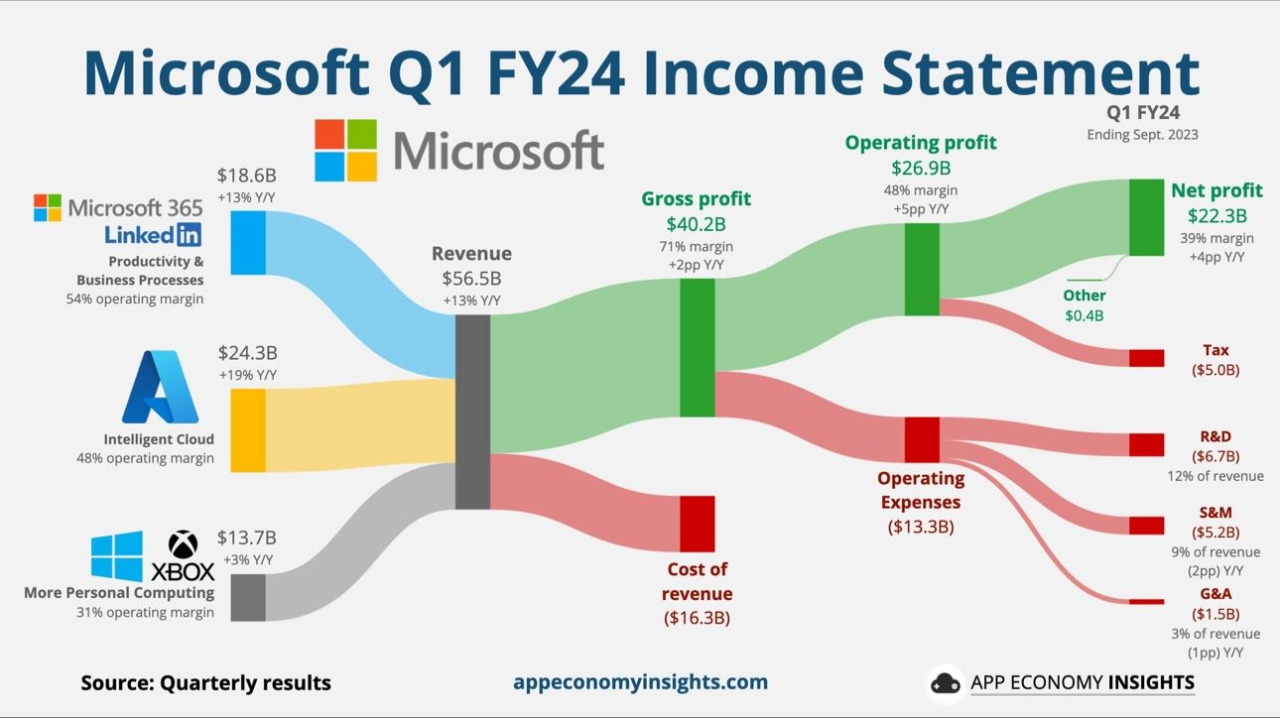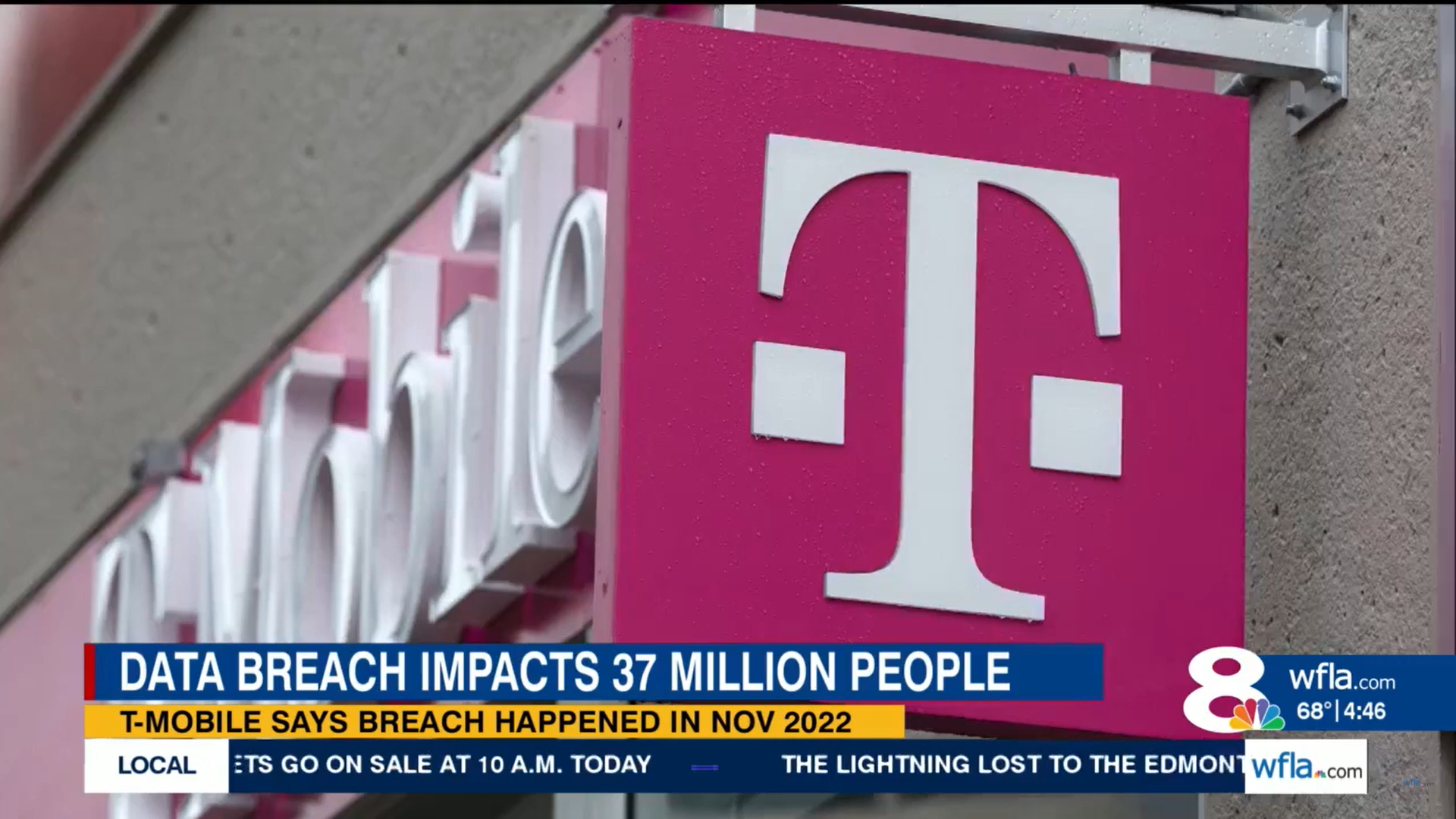Analysis Of Tesla's Q1 2024 Earnings: 71% Net Income Decrease And Political Factors

Table of Contents
Significant Drop in Tesla's Q1 2024 Net Income: A Deep Dive
Analyzing the 71% Decline:
The sheer magnitude of the 71% drop in Tesla's net income demands a thorough analysis. While official figures vary slightly depending on the reporting standards used, the key takeaways are consistent across sources. Let's break down the key metrics:
- Revenue: While revenue may have shown growth compared to the previous year, the increase was not significant enough to offset the substantial rise in costs.
- Cost of Goods Sold (COGS): A significant increase in COGS, likely driven by increased raw material costs and supply chain pressures, significantly impacted profitability.
- Operating Margin: A sharp decline in the operating margin reflects the pressure on profitability, highlighting the challenges Tesla faced in managing costs effectively.
- Net Income: The headline figure – a 71% decrease – speaks for itself, painting a concerning picture of Tesla's immediate financial health.
This performance contrasts sharply with previous quarters, where Tesla had demonstrated stronger profitability. Compared to competitor performance in the EV market, the decline highlights the intensified competition and the need for Tesla to adapt its strategies. The impact on Tesla's stock price was immediate and substantial, reflecting investor concern. Many analysts revised their predictions downwards, reflecting a cautious outlook.
The Impact of Price Wars on Tesla's Profitability:
The electric vehicle market is experiencing intense competition, leading to aggressive price wars. Tesla's own strategy of multiple price reductions, while aimed at boosting sales volume, has significantly impacted profit margins. This pricing strategy, although successful in increasing sales units, has resulted in a considerable squeeze on profitability. Competitors like BYD and others have also engaged in aggressive pricing, creating a highly competitive landscape. Analyzing the specific impact of these price reductions on various Tesla models and comparing it to the pricing strategies of competitors provides a clearer picture of the challenges.
Geopolitical and Regulatory Challenges Facing Tesla
The China Market and its Influence:
China represents a crucial market for Tesla. However, the company's performance in China has been impacted by various factors, including regulatory hurdles and political uncertainties. Government policies related to EV subsidies and manufacturing incentives have also played a significant role. Moreover, the recent economic slowdown in China directly affects consumer spending on high-value items like electric vehicles, further impacting Tesla's sales in this key market.
Global Political and Economic Headwinds:
Global inflation has significantly increased Tesla's operating costs. Rising interest rates have dampened consumer demand, impacting sales of both new and used vehicles. Supply chain disruptions continue to present challenges in sourcing key components, resulting in delays and increased costs. Political instability in various global markets also contributes to uncertainty and risk for Tesla's international operations. These factors combined represent serious headwinds for Tesla's financial performance.
Looking Ahead: Tesla's Strategic Response and Future Outlook
Tesla's Strategies for Profitability Improvement:
To improve profitability, Tesla must implement effective cost-cutting measures while simultaneously maintaining its growth trajectory. This could involve streamlining production processes, optimizing supply chains, and potentially reducing its reliance on certain expensive components. New product launches, including more affordable models, could also broaden the market reach. Furthermore, expansion into new and emerging markets can diversify revenue streams and reduce dependence on any single region. Investments in research and development are crucial for maintaining Tesla's technological edge and introducing innovative solutions. Mergers, acquisitions, or strategic partnerships could also play a significant role.
Predictions for Tesla's Q2 2024 Earnings and Beyond:
Analyst forecasts for Tesla's Q2 2024 earnings vary, reflecting the uncertainty surrounding the company's ability to effectively navigate the current challenges. While some analysts remain optimistic, citing Tesla's strong brand recognition and technological innovation, others are more cautious, highlighting the risks of sustained price wars and geopolitical instability. The long-term prospects for Tesla depend heavily on its capacity to adapt to these challenges and execute its strategic initiatives effectively. The overall outlook for Tesla in the longer term remains tied to the overall health of the global economy and the continued growth of the EV market.
Conclusion
Tesla's Q1 2024 earnings report revealed a significant drop in net income, primarily attributed to price wars, rising inflation, and geopolitical challenges. The company's ability to navigate these headwinds and regain profitability depends on successfully implementing cost-cutting measures, exploring new market opportunities, and continuing its investment in innovation. To ensure future financial stability, Tesla must adapt its strategies effectively while maintaining its competitive edge in the increasingly dynamic EV market. Stay updated on the latest developments in Tesla's financial performance and the broader EV market by regularly checking back for more analysis of Tesla's earnings reports and industry trends. For deeper insights into Tesla's financial strategy and the challenges facing the EV sector, explore our other resources on [link to relevant articles/resources].

Featured Posts
-
 Ted Lassos Revival Brett Goldstein On The Shows Unexpected Return
Apr 24, 2025
Ted Lassos Revival Brett Goldstein On The Shows Unexpected Return
Apr 24, 2025 -
 The Bold And The Beautiful Liam Steffy And Hope What To Expect In The Next Two Weeks
Apr 24, 2025
The Bold And The Beautiful Liam Steffy And Hope What To Expect In The Next Two Weeks
Apr 24, 2025 -
 Us Tariffs Drive Chinas Lpg Imports Towards The Middle East
Apr 24, 2025
Us Tariffs Drive Chinas Lpg Imports Towards The Middle East
Apr 24, 2025 -
 Canadas Conservatives Detail Plan For Tax Cuts And Deficit Control
Apr 24, 2025
Canadas Conservatives Detail Plan For Tax Cuts And Deficit Control
Apr 24, 2025 -
 T Mobile To Pay 16 Million For Data Breaches Spanning Three Years
Apr 24, 2025
T Mobile To Pay 16 Million For Data Breaches Spanning Three Years
Apr 24, 2025
